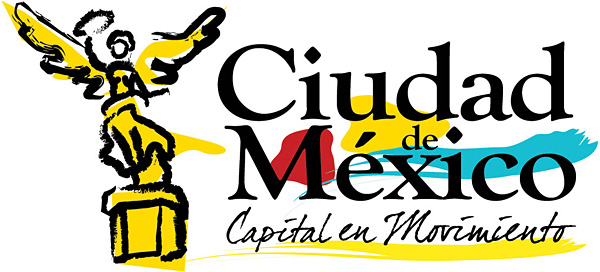- Home
- Reporting entities
- Municipality of Cuatro Ciénagas de Carranza
Municipality of Cuatro Ciénagas de Carranza
Mexico-
Population 12154

-
Area 7861.0km 2
-
GDP N/AN/A
-
Targets by N/A N/Aemission
Targets by Municipality of Cuatro Ciénagas de Carranza
There are no targets yet
- Start year:
- Type: Technical/Infrastructure investment
- Status: In operation
This center’s implementation is currently in its second phase,
recyclable waste separation and composting.
- Waste

- Start year: 2012
- Type: Technical/Infrastructure investment
- Status: In operation
The project consists of compost production for agricultural
use and water recapture for Sacrificio Animal community
greenspaces. The most important contributions are as follows:
• Up to 70% reduction in methane and CO2 production
• 50% reduction in water consumption
• Reduced fetid odor from waste decomposition
• 80% eradication in housefly populations
• Reduced risk of water table contamination
• Transformation of waste into organic fertilizer
• Designation and maintenance of greenspaces via water reuse
• Reduced disease risk for slaughterhouse personnel
• Installation and surrounding area cleanliness and hygiene
• Food purity
- Waste

- Start year: 2012
- Type: Technical/Infrastructure investment
- Status: Completed
Municipal authorities formally closed its open-air garbage
dump, operating in a natural reserve. The closure of the facility
that had received community refuse for four decades
was essential now that the city has a sanitary landfill located
eight km from the city. Cuatro Ciénegas is one of the
first communities in Coahuila State that has a landfill that
meets all relevant specifications, a significant advance toward
achieving “clean municipality” status. Citizens were
informed that sanctions and fines will be assessed to halt
dumping at the closed facility.
- Waste

- Start year:
- Type: Technical/Infrastructure investment
- Status:
In cooperation with the Coahuila Ministry of the Environment
and a number of civil society organisms such as the
Comité Técnico de Aguas Subterráneas del Acuífero Cuatro
Ciénegas A.C., reforestation works are currently being
undertaken in plazas, along thoroughfares and in parks to
plant 2000 individual trees, especially sycamores, gum trees
and evergreen oaks.

- Start year:
- Type: Technical/Infrastructure investment
- Status:
The project currently enjoys 90% completion of its technical
and equipment upgrade phase, featuring central pivot, side
roll and semi-portable irrigation systems at watering units
whose source are springs from which water reaches fields
via unimproved or concrete canals which in both cases led
to transmission loss of up to 50% due to leaks and evaporation.
Canal intubation is currently underway at the La Becerra,
El Venado, Sta. Tecla and Tío Julio irrigation units and
will prevent such losses. Most importantly, the water saved
through these actions will be used for ecological purposes
through a recuperation of Cuatro Ciénegas Valley wetlands,
a natural habitat for the region’s endemic species.

- Start year:
- Type: Policy/Strategies/Action Plans
- Status:
Given that the cost of waste water treatment plant construction
is somewhat elevated and that operational costs
imply a financial burden that municipalities sometimes cannot
bear, the local government entered into an agreement
with the Coahuila State Commission on Water and Sanitary
Services in order to achieve compliance with federal water
regulations governing wastewater treatment. The agreement
obliges federal, state and local governments as well as
the private sector to comply with the law and additionally
benefits citizens via sustainable, enhanced water quality



